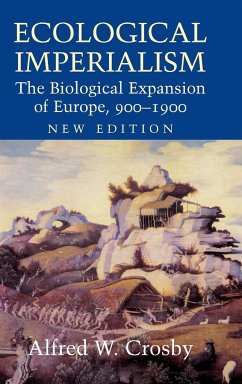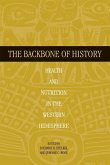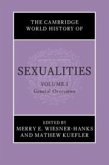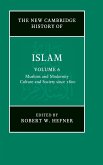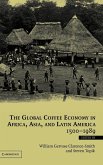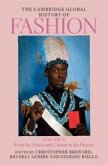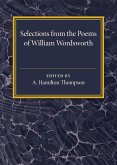People of European descent form the bulk of the population in most of the temperate zones of the world - North America, Australia and New Zealand. The military successes of European imperialism are easy to explain; in many cases they were a matter of firearms against spears. But, as Alfred Crosby maintains in this highly original and fascinating book, the Europeans' displacement and replacement of the native peoples in the temperate zones was more a matter of biology than of military conquest. European organisms had certain decisive advantages over their New World and Australian counterparts. The spread of European disease, flora, and fauna went hand in hand with the growth of populations. Consequently, these imperialists became proprietors of the world's most important agricultural lands. Now in a new edition with a new preface, Crosby revisits his now-classic work and again evaluates the global historical importance of European ecological expansion.
Table of contents:
1. Prologue; 2. Pangaea revisited, the Neolithic reconsidered; 3. The Norse and the Crusaders; 4. The Fortunate Isles; 5. Winds; 6. Within reach, beyond grasp; 7. Weeds; 8. Animals; 9. Ills; 10. New Zealand; 11. Explanations; 12. Conclusion.
As Alfred Crosby explains in his highly original and fascinating book, the Europeans' displacement and replacement of the native peoples in the temperate zones was more a matter of biology than of military conquest. Now in a new edition, Crosby revisits his classic work evaluating the reasons for European expansion.
New edition of this classic work that evaluates the ecological reasons for European expansion.
Hinweis: Dieser Artikel kann nur an eine deutsche Lieferadresse ausgeliefert werden.
Table of contents:
1. Prologue; 2. Pangaea revisited, the Neolithic reconsidered; 3. The Norse and the Crusaders; 4. The Fortunate Isles; 5. Winds; 6. Within reach, beyond grasp; 7. Weeds; 8. Animals; 9. Ills; 10. New Zealand; 11. Explanations; 12. Conclusion.
As Alfred Crosby explains in his highly original and fascinating book, the Europeans' displacement and replacement of the native peoples in the temperate zones was more a matter of biology than of military conquest. Now in a new edition, Crosby revisits his classic work evaluating the reasons for European expansion.
New edition of this classic work that evaluates the ecological reasons for European expansion.
Hinweis: Dieser Artikel kann nur an eine deutsche Lieferadresse ausgeliefert werden.

